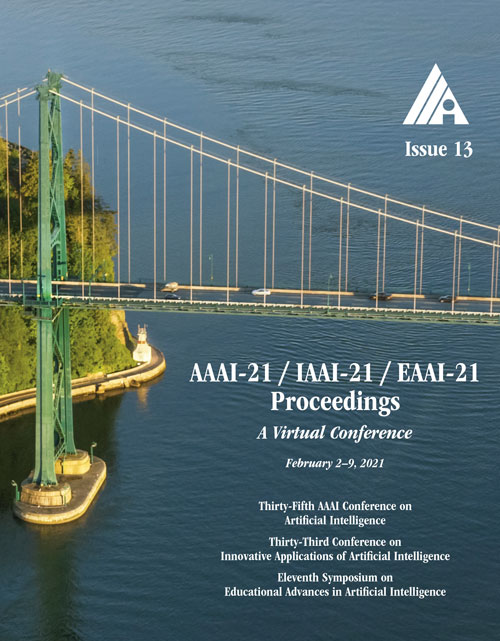A Unified Taylor Framework for Revisiting Attribution Methods
DOI:
https://doi.org/10.1609/aaai.v35i13.17365Keywords:
Accountability, Interpretability & ExplainabilityAbstract
Attribution methods have been developed to understand the decision making process of machine learning models, especially deep neural networks, by assigning importance scores to individual features. Existing attribution methods often built upon empirical intuitions and heuristics. There still lacks a general and theoretical framework that not only can unify these attribution methods, but also theoretically reveal their rationales, fidelity, and limitations. To bridge the gap, in this paper, we propose a Taylor attribution framework and reformulate seven mainstream attribution methods into the framework. Based on reformulations, we analyze the attribution methods in terms of rationale, fidelity, and limitation. Moreover, We establish three principles for a good attribution in the Taylor attribution framework, i.e., low approximation error, correct contribution assignment, and unbiased baseline selection. Finally, we empirically validate the Taylor reformulations, and reveal a positive correlation between the attribution performance and the number of principles followed by the attribution method via benchmarking on real-world datasets.Downloads
Published
2021-05-18
How to Cite
Deng, H., Zou, N., Du, M., Chen, W., Feng, G., & Hu, X. (2021). A Unified Taylor Framework for Revisiting Attribution Methods. Proceedings of the AAAI Conference on Artificial Intelligence, 35(13), 11462-11469. https://doi.org/10.1609/aaai.v35i13.17365
Issue
Section
AAAI Technical Track on Philosophy and Ethics of AI


